
Come, Holy Spirit!
05-27-2018Pastoral ReflectionsRev. Gregory B. Wilson, VFOur theological belief and concept of the Trinity, or more plainly God, is confusing and distracting to many people. Folks try to think about the meaning of Trinity, but quite quickly, if they are religious and catholic just call it a "mystery." We do say that the Trinity is a mystery, meaning something quite holy and beyond total comprehension and understanding, but this "mystery" is really an important part of our lives. Clearly the idea of trinity delves into the world of relationships, which we all know are often hard to understand, frequently confusing or frustrating and many times just plain old bewildering. Indeed understanding God is often the same! Today's Feast and its scripture helps us to celebrate that unique holy relationship, that mysterious relationship, and invites us to join in.
READ MORE
One in the Spirit of Unity
05-20-2018Pastoral ReflectionsRev. Brian F. ManningThere is no way that we are able to contain the Holy Spirit. This Spirit is much larger thanus, or our minds or imaginations. In John’s Gospel, the Holy Spirit comes on the very first evening of Easter, Easter Sunday night. In this version the Spirit is a commissioning Holy Spirit, apeace-bearing, forgiving Spirit, quiet but powerful. We all know the larger story of how the firstChristian Pentecost began in great fear and ended in ecstatic joy. However, we realize that the reality of Pentecost, the coming of the Holy Spirit, has not yet ended because we now in this momentof today, and every moment, live in the time of this powerful Spirit.
READ MORE
Love
05-13-2018Pastoral ReflectionsRev. Brian F. ManningChristians of all faith traditions spend a lot of time talking about love. Our tradition often seems to be one that can win first prize in the talking department about love. This very small word carries a lot of responsibility for its size. We use this word in all sorts of contexts with all sorts of meaning. The word love invites equivocation. From loving a person, to loving a color, or loving a book or even loving oneself we use the word love. The word love has many meanings and very many nuanced understandings of the word. However, in the Christian context and in the Catholic Way of Life as disciples of Jesus on mission, love is for us a powerful and demanding word. And, more importantly, we need our four Gospels to help us understand its deepest meaning and how to live that meaning out in our lives.
READ MORE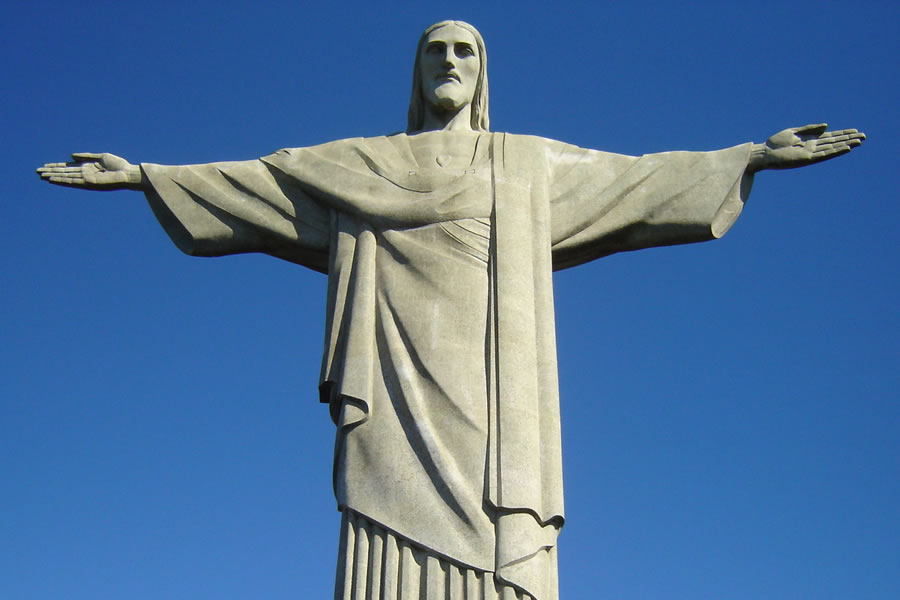
The Manifestation of God's Abiding Love
05-06-2018Pastoral ReflectionsRev. Brian F. ManningChristians of all faith traditions spend a lot of time talking about love. Our tradition often seems to be one that can win first prize in the talking department about love. This very small word carries a lot of responsibility for its size. We use this word in all sorts of contexts with all sorts of meaning. The word love invites equivocation. From loving a person, to loving a color, or loving a book or even loving oneself we use the word love. The word love has many meanings and very many nuanced understandings of the word. However, in the Christian context and in the Catholic Way of Life as disciples of Jesus on mission, love is for us a powerful and demanding word. And, more importantly, we need our four Gospels to help us understand its deepest meaning and how to live that meaning out in our lives.
READ MORE
The Spring Time for Our Soul
04-29-2018Pastoral ReflectionsRev. Brian F. ManningWe will shortly see along the rolling hills of country Massachusetts all sorts of farm people at work trimming the branches of our fruit trees or our grape vineyards. Spring is the most important season to tend to the special care of tree branches and vines. Weak or sick branches and vines are pruned out and thrown away or into a fire. This also went on in the day and times of Jesus. He saw all this work and action every year in his land. He knew that this necessary work in the long run produced good things for everyone, wonderful full-tasting fruit or rich-tasting grapes for wine. The Gospel for this Sunday is drawn from Jesus' long Last Supper discourse which is in the Springtime when the signs of beginning life in plants, vines and trees are showing everywhere. Jesus uses these images to speak of his relationship to the apostles. They must be tightly grafted to him, as branches are to the vine. He is the strong vine from which they all draw their life.
READ MORE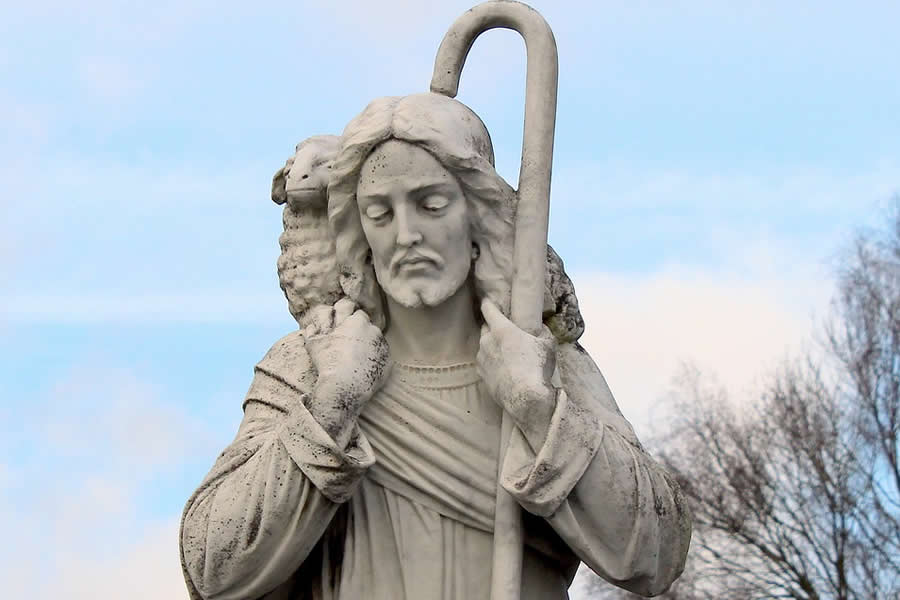
The Good Shepherd
04-22-2018Pastoral ReflectionsRev. Brian F. ManningThe image of a shepherd with his sheep is a beautiful pastoral image that we see as a child and gives rise to thoughts and feelings of light, peace and beauty. A few weeks ago in reading the Sunday papers I came across an article about shepherds that older folks might relate to better. It appears that shepherds live much longer than most people. The isolation and outdoor weather does not bring limitations to their life spans, but rather the healthy outdoor life along with organic food, quiet and also lack of pressure and stress provide the conditions for a longer life. Although the life span of a shepherd is not what the scripture readings are about, I thought it would be nice to know that if you do not see me around, I could be on a mountainside tending sheep!
READ MORE
The Message of God's Reconciling Love
04-15-2018Pastoral ReflectionsRev. Brian F. ManningIn reading and listening to the scriptural passages this weekend, we discover that the risen Lord has given us a mission and this mission is one of reconciliation. Easter is the magnificent and great celebration of reconciliation. All things are made new, since everything is now reconciled to God in Jesus Christ the risen Lord. Because Christ's mission was essentially one of reconciliation, so is it the mission for all of us who die and rise with Christ and who seek to witness his life and words in our daily actions.
READ MORE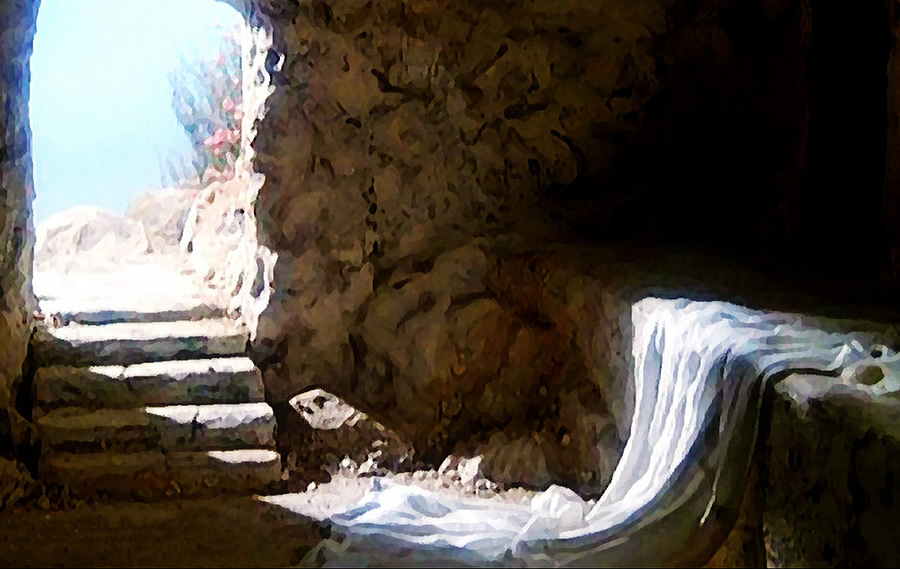
Resurrection Faith Demands Belief
04-08-2018Pastoral ReflectionsRev. Brian F. ManningWe can feel and tell that Spring and beautiful weather is on the way. The now early morning sunlight and the later setting sun tell us that the wonderful mild days of early summer will soon be upon us. This season makes it a lot easier to believe in a God because the beauty of his creation is coming alive again in New England. Trees and shrubs are sprouting and crocuses are blooming in many places. Yet, when the suddenness of tragedy strikes, be it the death of a young person or sudden fast job loss putting someone's home in jeopardy, or people losing their retirement savings due to the unbridled greed of elites, then wonder and confusion rise up in us in rippling waves. We ask how this can have happened. How can God allow this to happen?
READ MORE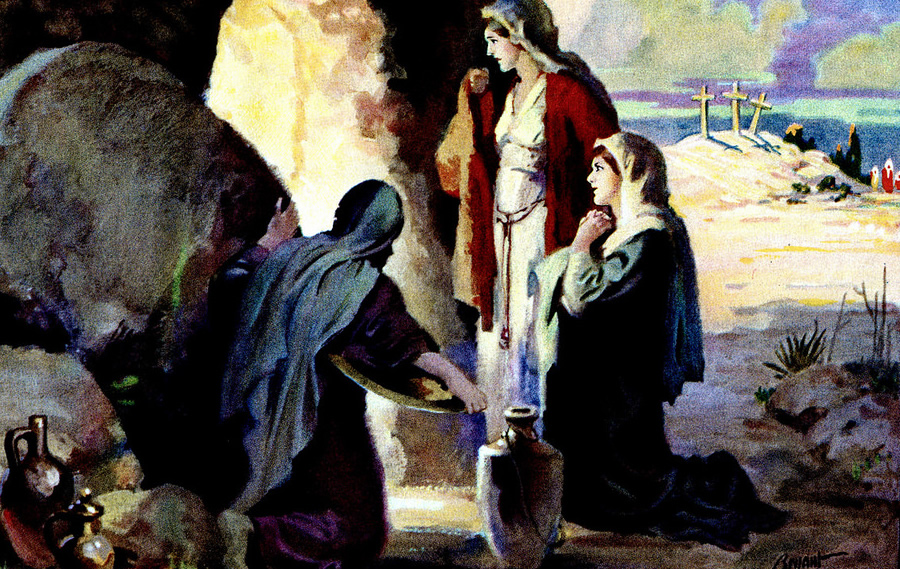
God's Way of Restoring our Humanity to Us
04-01-2018Pastoral ReflectionsRev. Brian F. ManningOn Easter Sunday at Mass we sing with great and joyous voice the responsorial psalm's antiphon "This is the day the Lord has made; let us rejoice and be glad." Indeed, a brand new day, the first of days has come upon us as we celebrate the Resurrection of the Lord Jesus. This day is the absolute key to understanding the meaning of all our days. The evil of sin is banished, death itself is conquered, and all of life opens onto life. Our wonderful Easter morn celebrates the new creation. On this day, the old gnarled tree of destruction has become the living tree of life, whose opening blossom is Christ and whose blossoms show us that we are growing free in Jesus Christ.
READ MORE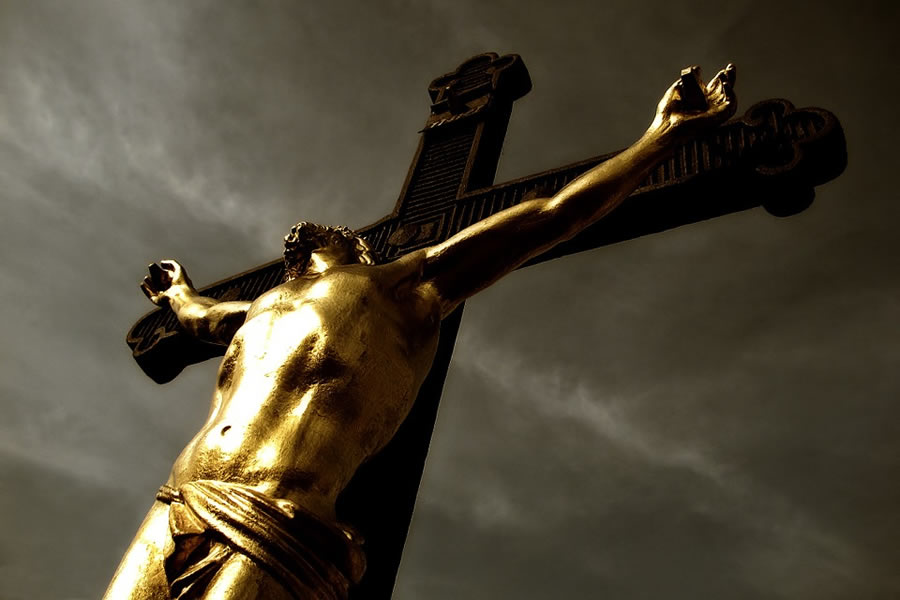
We are on a Lenten Journey
03-25-2018Pastoral ReflectionsRev. Brian F. ManningWe often use in "church speak" that we are on a Lenten Journey. We are trying to get someplace and we have to put in the time and effort to get there. For us as Christians, it is Easter. It is clearly the Celebration of the Risen Lord Jesus Christ. Our image and theme is to help us to frame our minds and hearts to ultimately come to a deeper understanding of the meaning of Jesus Christ in our own personal life, and also the lives of everyone. Part of all this is walking with Jesus as he comes closer to Jerusalem, as he enters the City itself, and ultimately his Passion and Death on the Cross. The Passion of Christ is not simply a record of Jesus' suffering and death. If we realize that we are walking with Jesus through all this, then this journey of faith will take on a very deep and rich meaning for us.
READ MORE
The Faithfulness of God
03-11-2018Pastoral ReflectionsRev. Brian F. ManningIn the passage from 2 Chronicles this weekend the author emphasizes the faithfulness of God, even though we know that God's people were unfaithful. Out of this faithful love, God sent messengers and prophets to warn all the land of Israel, to call the people to faithfulness and also, as importantly, to love God in return. These special invitations were cruelly spurned. The author composes his scripture to tell us that because of Israel's infidelity and lack of love, Jerusalem was destroyed, the people lost their home, and the nation was taken into captivity.
READ MORE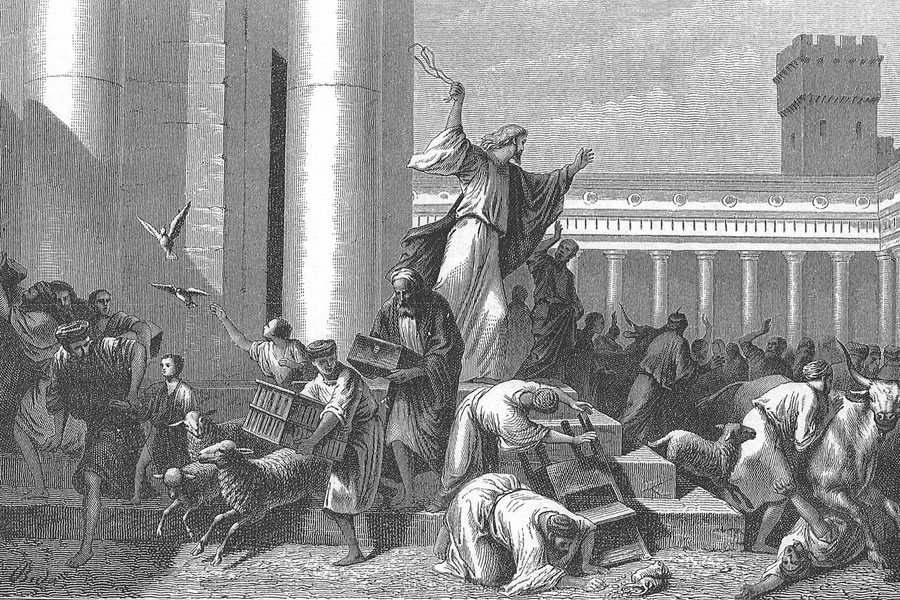
How Open are our Hearts to God?
03-04-2018Pastoral ReflectionsRev. Brian F. ManningIt is said by many people that they need "closure," that they really need to know. There seems to be deep within us the need to know so that we will finally understand something and accept it in our lives. We even want to know many things that we should not know. We are often curious about information and people that is "none of our business." We like mysteries only if we know the answer to it and others do not. We also forget that knowing something also makes us responsible.
READ MORE